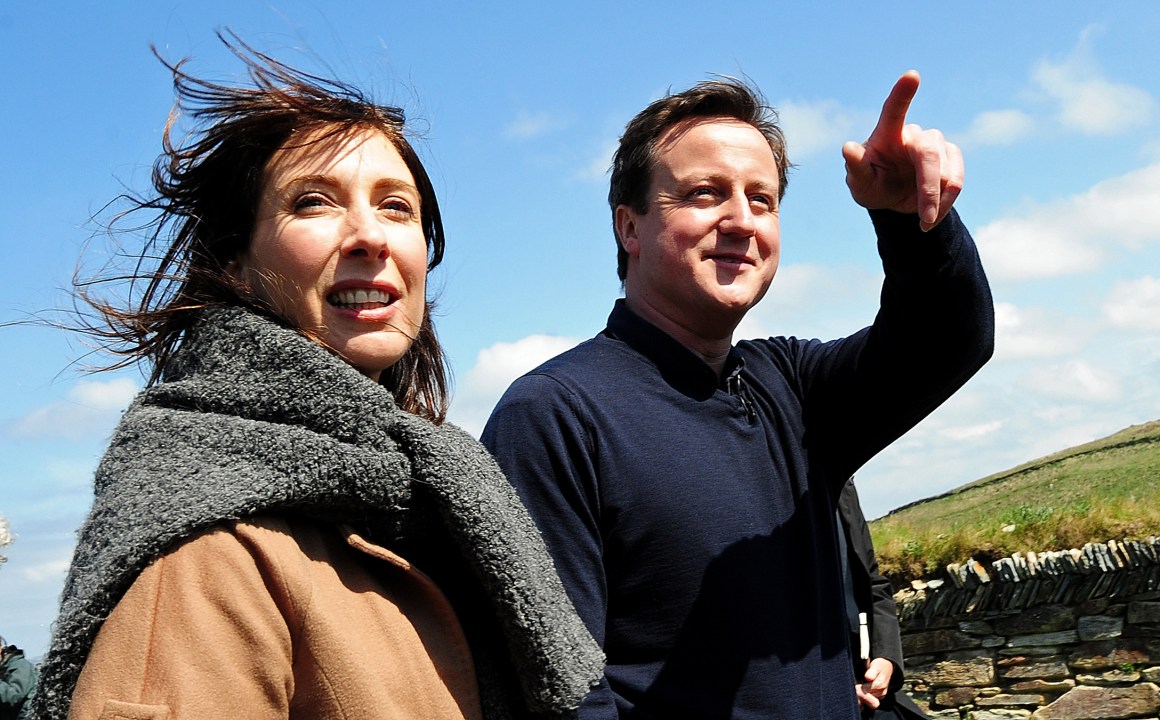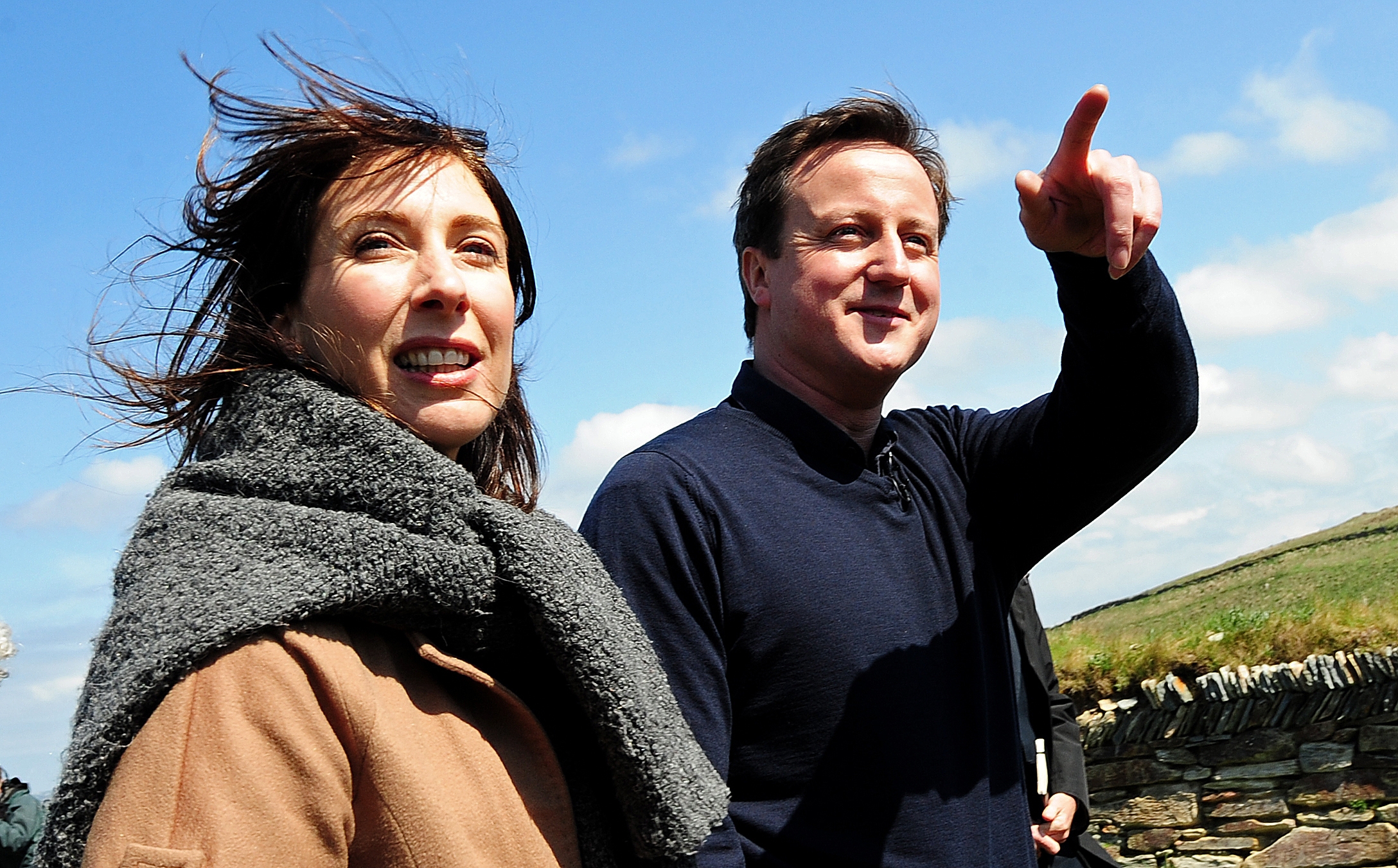 For the past few years, the Tory task has been to look like a government-in-waiting.
Now, with the election only a matter of days away, David Cameron has dialled that process up to eleven. In interviews with the Sunday Times and Andrew Marr today, the Tory
leader concentrates firmly on the nuts and bolts of government. The content of the Queen’s speech, the depth of Tory cuts, the possibility of coalition – all get name-checked and
cross-referenced.
For the past few years, the Tory task has been to look like a government-in-waiting.
Now, with the election only a matter of days away, David Cameron has dialled that process up to eleven. In interviews with the Sunday Times and Andrew Marr today, the Tory
leader concentrates firmly on the nuts and bolts of government. The content of the Queen’s speech, the depth of Tory cuts, the possibility of coalition – all get name-checked and
cross-referenced.
There’s much in there to encourage Tory supporters. Indeed, CoffeeHousers have been clamouring for one of Cameron’s proposals: a “Great Repeal Act,” which would “scrap ID cards, home information packs and dozens of rarely enforced criminal offences introduced by Labour over 13 years.” And then there’s his affirmation that the Tories’ best policy – schools reform – would be fast-tracked through the legislature, so that new free schools could be open in time for the new academic year. Here, Cameron has clearly learnt from the failure of Tony Blair to do the radical stuff hard, fast and early.
Cameron’s suggestion to Marr that a Tory government wouldn’t make cuts to “frontline services” might raise a few quizzical eyebrows, though. Of course, you can see why the Tory leader won’t say the opposite. But given the titanic size of Brown’s debt mountain, and the size too of the public sector pay roll, it’s hard to imagine the next government making much headway without cuts to the frontline – especially in those areas where the number of personnel has grown massively over the past decade, such as nursing and police. The Tories’ Philip Hammond seemed to accept this when he said, last December, that “some parts of the front line will suffer.”
Part of the problem is the that, like “progressive,” the word “frontline” is just so damn elastic. It has been imbued with emotional connotations now (and, let’s be clear, job losses won’t be pleasant for pretty much everyone involved). But you suspect that the next government – whoever they might be – will have to look at things altogether more dispassionately.







Comments